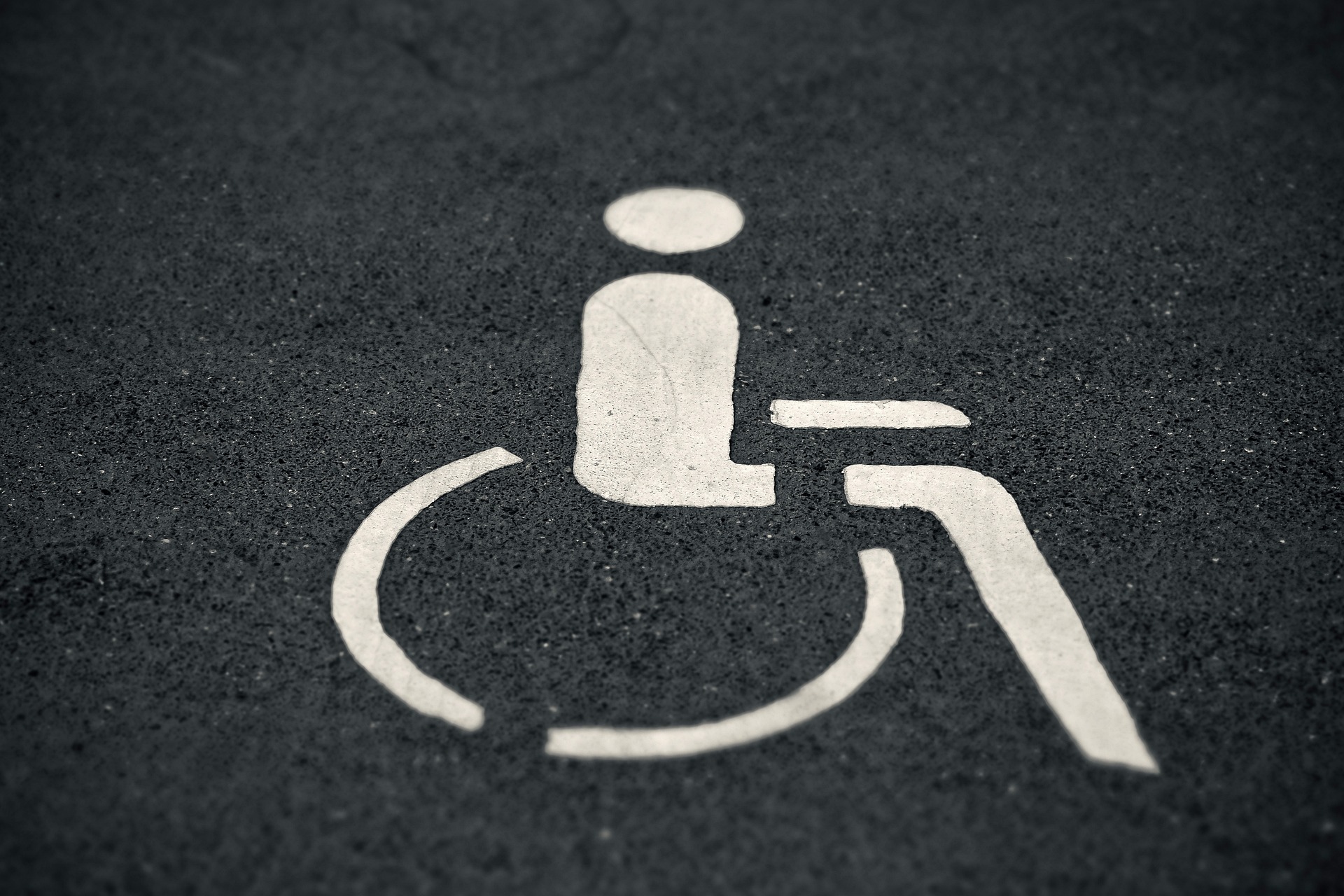by Daniel Wilson
25 April 2023
What is a Disabled Person Trust?
A disabled person trust is a trust which is set up for the benefit of a disabled individual, and usually, the purpose of doing so is to set aside funds for their care.
In order to establish such a trust, the person in question must qualify as ‘disabled’ under the Finance Act 2005, Schedule 1A.
The definition of ‘disabled’ includes those who:
- suffer from a mental disorder resulting in an inability to manage their own affairs; or
- receive certain benefits, such as a Personal Independence Payment.
Who Can Set Up a Disabled Person Trust?
A disabled person trust is most commonly set up by parents in their wills who wish to provide funds for their disabled children.
A disabled person can establish a disabled person interest for themselves if they are expecting to become disabled. For instance, those who suffer from a degenerative illness, such as multiple sclerosis, will be able to set up a trust when they have capacity, in preparation for when their condition eventually worsens.
A third party, such as a parent, cannot create a disabled person trust in favour of another, such as their child, in anticipation of becoming disabled even if they have a reasonable expectation of that person suffering from a disability.
What Form Do Disabled Person Trusts Have to Take?
A disabled person trust does not have to take any specific form, rather it simply has to comply with certain requirements. In most cases, it usually takes the form of a discretionary trust. Disabled person trusts can qualify for favourable tax treatment in certain circumstances. However, in order to do so, trustees must use the trust funds for the benefit of the disabled person, expect the lower of either £3,000 or 3% of the maximum of the value of the trust fund which can be used for someone else’s benefit.
Issues with Disabled Person Trusts
It is worth noting that individuals who have capacity, but are physically disabled, would be unable to settle assets on trust for themselves, as they would essentially be denying themselves their own means-tested benefits (such as the disability living allowance).
There is, however, an exception to this rule. Namely, if funds are being settled on trust which are damages for personal injury, then the disabled person can retain their entitlement to their means-tested benefits.
This is a complex area, and it is therefore important to seek expert legal advice in such a situation to avoid the disabled person losing their entitlement to any means-tested benefits.
Are There Alternatives to Setting Up a Disabled Person Trust?
Depending on the circumstances, and the amount of money involved, there may be other alternatives to setting up a disabled person trust which need to be considered. For instance, if parents wish to leave money to two adult children, and one of them is disabled, they could leave money to the child that has capacity, on the understanding that they would then look after their disabled sibling.
Another alternative to consider is that it is possible to gift money to charity in order to set up a charitable foundation which will then benefit the disabled person.
Finally, for modest amounts, the funds could just be put into a standard discretionary trust. This is the most common way of setting aside funds for a disabled person. This allows for total flexibility, and if the sums are modest, there will be no inheritance tax to pay in any event.
This article was drafted with the assistance of Kate Baggs.
The information contained in this article is for general information purposes only and is not legal advice, which will depend on your specific circumstances.
Speak with us

